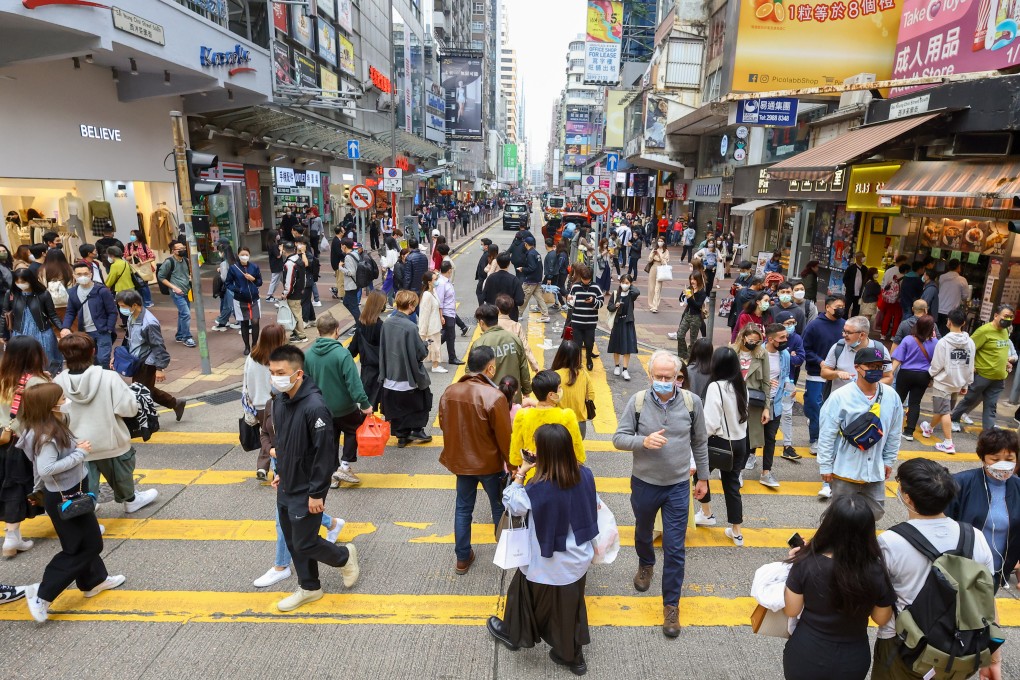Editorial | Masks may be off, but Hong Kong has to make sure it remains on guard
- After three years of face coverings, the city exits one of the darkest periods in its history – one that has brought home the importance of vaccinations, hygiene and measures limiting the spread of viruses

Hong Kong is comfortable with most things that set it apart from others as a global hub, after nearly 200 years as a place where East meets West for business, tourism or a new start.
The paramount exception is surely the Covid-19 mask requirement mandate since July 2020. There is widespread rejoicing that it has been scrapped from today, a week sooner than seemed the earliest we could hope for.
It may be over, but it promises to be an abiding memory of one of the darkest chapters in the city’s history.
The rule has been enforced for some 1,000 days. Along with social-distancing measures, it not only left the city behind places that had long since reopened, but also jarred increasingly with a flurry of government initiatives to reverse an exodus of local and expat talent, restore business confidence and revive a shattered tourism industry.
The hype did not quite gel with reminders that everyone must still wear a mask in most places. To be fair, three months ago when winter loomed, things looked different.

